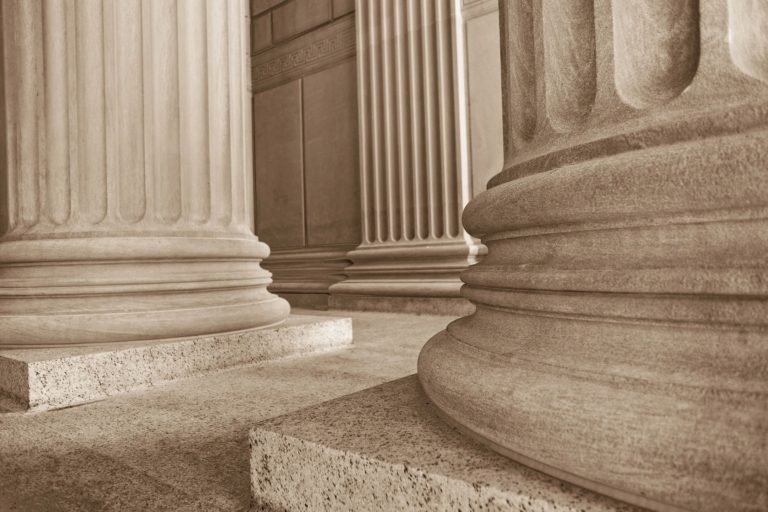The business world has been trying to work on its diversity, equity and inclusion problem.
DE&I initiatives are starting to be included in business strategies and improving DE&I is now motivated by profit as much as purpose.
But still, many companies still lag behind on making improvements. They should embrace second-chance hiring, or
fair-chance hiring. This is the practice of hiring individuals with criminal records.
Approximately 70 million people in the U.S. have a criminal record, which is one-third of working age adults. Many of them remain overlooked in the business world.
While DE&I is typically focused on factors like race, gender, disability status, military service and the LGBTQIA+ communities. Studies show adding those with a criminal background to that list would be a good thing.
Second-chance hires face prejudices and some employers are reluctant to hire candidates with criminal records.
If businesses can look past the stigmas that come with a criminal record, they can find and hire untapped talent.
The Great Resignation has given businesses a reason to expand hiring practices. Tapping into this pool of overlooked talent, like Koch Industries and JPMorgan Chase have done, is positive. JPMorgan Chase hired more than 3,000 people with arrest and conviction records nationwide in 2019. The JPMorgan Chase Policy Center was also created to advocate for federal and state policy changes to remove obstacles to employment for people with criminal records.
Koch aims to not disqualify job seekers with criminal pasts. They have also improved their hiring practices.
Smaller businesses can learn from them and have a lot to gain with second chance hiring.
Individuals with records are the least represented and most disadvantaged group. They also receive the least resources to help them.
True inclusivity can create stronger businesses and communities in the process.
Second-chance hiring means discovering a wealth of untapped talent
- 29/06/2022
- 4:58 pm
admin
Thinker & Designer
Share on facebook
Share on twitter
Share on pinterest
Share on reddit
Recent Posts

10 August, 2022
Mitchell Hamline School of Law in St. Paul, Minn. this summer accepted their first incarcerated student....

09 August, 2022
Financial inclusion is the term used for efforts to make basic banking and financial products safe, affordable,...

08 August, 2022
According to NYN Media, New York City should work with unions and re-entry providers to provide work...

05 August, 2022
Southern California is based on a reputation for offering its citizens the promise of education, jobs,...

04 August, 2022
After the murder of George Floyd ignited nationwide protests, corporate America promised to take an active...

03 August, 2022
President Biden signed Executive Order 13985 on his first day in office. That order advances racial equity...

02 August, 2022
In the wake of the killing of George Floyd and amid calls for greater social justice, the U.S. stock...
No posts found



